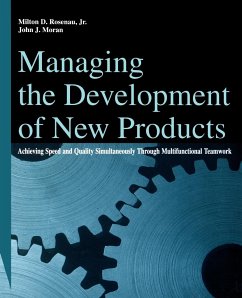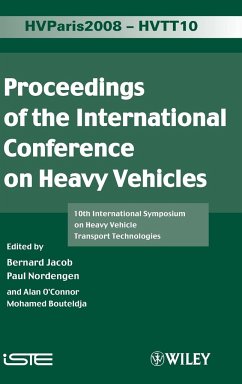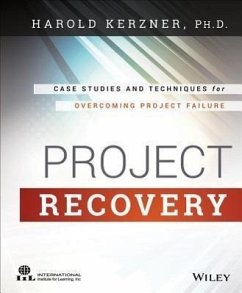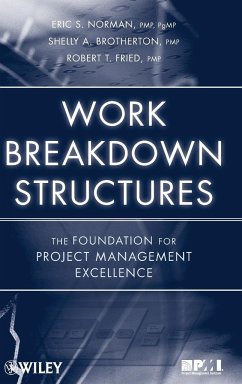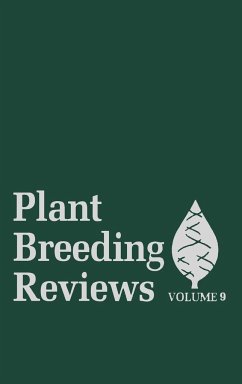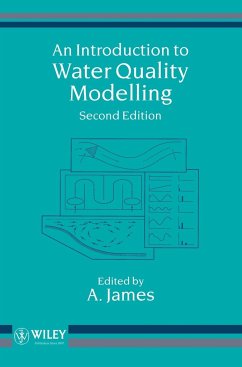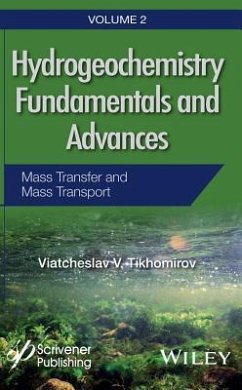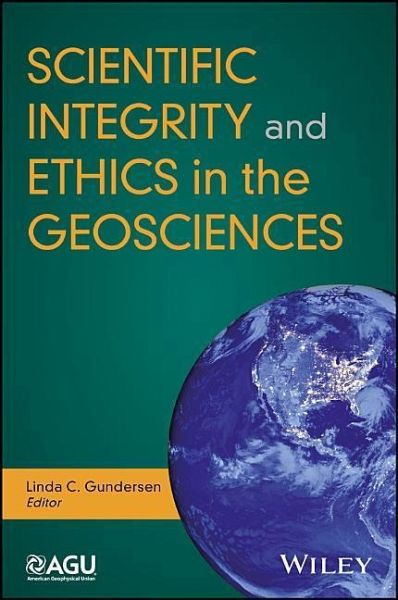
Scientific Integrity and Ethics in the Geosciences
Versandkostenfrei!
Versandfertig in über 4 Wochen
79,99 €
inkl. MwSt.
Weitere Ausgaben:

PAYBACK Punkte
40 °P sammeln!
Science is built on a foundation of trust and the assumption that all scientists conduct their work with integrity and honesty. Written by geoscientists for geoscientists, Scientific Integrity and Ethics in the Geosciences acquaints readers with the fundamental principles of scientific integrity and geoethics, providing practical applications for everyday work in the classroom, laboratory, and field. Volume highlights include: * Examples of the latest international and national codes and policies * Exploration of the role of professional societies in scientific integrity and ethics * Challenge...
Science is built on a foundation of trust and the assumption that all scientists conduct their work with integrity and honesty. Written by geoscientists for geoscientists, Scientific Integrity and Ethics in the Geosciences acquaints readers with the fundamental principles of scientific integrity and geoethics, providing practical applications for everyday work in the classroom, laboratory, and field. Volume highlights include: * Examples of the latest international and national codes and policies * Exploration of the role of professional societies in scientific integrity and ethics * Challenges and solutions for scientific integrity and ethics in publications and research data * Discussion of scientific integrity and geoethics in science and education * Case studies and resources for teaching and discussion Scientific Integrity and Ethics in the Geosciences is a valuable resource for students, faculty, instructors, and scientists in the geosciences and beyond. It is also useful for geoscientists working in industry, government, and policymaking.





